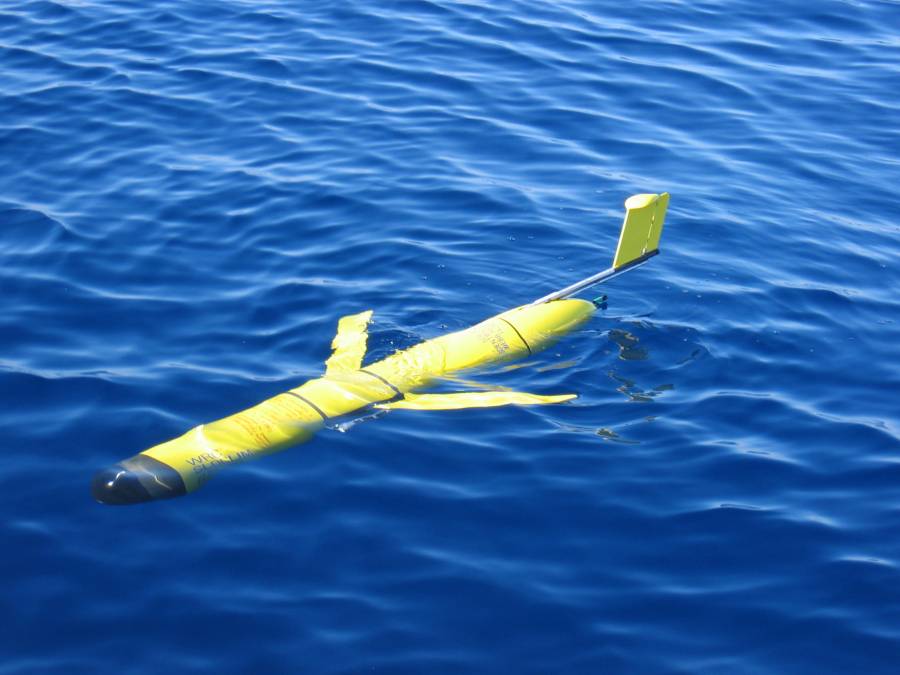The EGO community
The EGO (Everyone’s Gliding Observatories) network was launched by several teams of oceanographers, interested in developing the use of gliders for ocean observations and willing to set up a strong glider community. EGO was first composed of scientific teams from France, Germany, Italy, Norway, Spain, and the United Kingdom and EGO stood for “European Gliding Observatories” for a while but it is now more appropriate to call it “Everyone’s Gliding Observatories”, as colleagues from Australia, Canada, South Africa and USA, from academia or industry, have joined this open community.
The EGO acronym was chosen because gliders are among the first intelligent marine robots. Dedicated to oceanography, they do react to their environment. In line with Asimov stories, the EGO acronym suggests that gliders will probably develop some kind of personalities as their intelligence will increase.
This idea of this glider group emerged in October 2005 and since then, collaborations have been developing. Experiments with international fleets of gliders have been carried out and EGO Workshops (including “Glider Schools”) are organized every year or so to present and discuss both scientific and technological issues.
We intend to facilitate glider experiments through networking and support within the EGO community. We collect information about the worldwide glider activity, references, tutorials, technical notes and links, and we support the development of software related to gliders. Our goal is to share the efforts needed by glider data collection as a community, and support the dissemination of glider data in global databases (like Coriolis Data Center) in real-time and delayed mode for a wider community.
In 2010, a core group from the European EGO groups launched two projects, GROOM FP7 and EGO COST Action (see section Projects), to progress toward the creation of an actual European Research Infrastructure for underwater gliders. And some years later, the GROOM II project consolidates these first initiatives that now also include other types of marine autonomous vehicles.
- How to join EGO?
If you are a scientist, an engineer, a student, or anybody interested in marine autonomous systems like underwater gliders, you can join EGO by simply registering here.
If you belong to an institution, a laboratory or a company that operates gliders, you can create an EGO group to showcase your glider activity and use the EGO resources like the glider simulator.
The EGO groups are listed on the website.
The Underwater Glider User Group (UG2) is a similar initiative in the USA coordinated with EGO.

